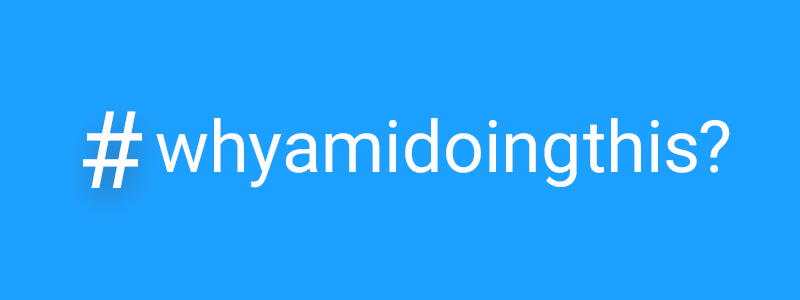Hashtags. Although hashtags have been around for years, there are still many businesses that struggle with the How, What and Why of using them in their social marketing. Despite the cliche of ‘hashtag my topic‘, there is a purpose and a benefit from using hashtags in your social media marketing.
How or why are hashtags used?
Imagine you’re walking down a busy hallway, with crowds of people that you’re pushing through. You, like everyone else is wearing several large dots on your clothes. Most of your dots are colorless. However, you have 2-5 dots that are different colors. An orange, a blue, a red, etc.
As you push through the crowded hall, your dots light up when someone else has a similar color. You make a connection and they know you’re a blue dot person, just like them.
That, in a nutshell is what it means to hashtag for your business. It’s about cutting through the crowd and connecting the dots with people or business with likeminded interests.
Now, how you apply this to your marketing is a bit craftier, but the same principles apply.
How you use Hashtags for your business can vary, but again to simplify this, let me put you back in the hallway.
If you want to build engagement for your brand as well as build an audience, then, you’ll want to leverage common hashtags. TopHashtags.com is a good website to leverage for your hashtags. Based on the industry you’re in, or a product you’re promoting, you can find some of the top hashtags to include in your social media posts.
You can also use hashtagify.me to find more relevant hashtags for your business.
If you’re running an event or are a multimember organization, you may want to adopt a signature hashtag for your event or business. For example, the Chamber of Commerce uses #buychamber as a hashtag. They ask for all members to use that hashtag in their marketing so that it can be picked up on their social media monitoring and re-shared. That’s good for your business and theirs.
How many hashtags should you use?
NOTE: This is the Internet we’re talking about. Tomorrow, the rules could be entirely different, and so don’t take this as blind advice, but more guidance as conditions can change.
Hashtags can look spammy and there are best practices for each platform. It doesn’t mean you can’t go outside their guidelines, but you do run the risk of being flagged as spammy by their algorithms.
To play it safe, here’s what I recommend per platform:
Twitter: Use no more than two hashtags on a post. Make sure they are relevant. Don’t be afraid to re-use them on each post.
Facebook and Instagram: Using 2-8 hashtags on a post can be effective. It’s debatable if 8 is too many, but many social media experts agree that 8 hashtags on these platforms do not show a negative effect and actually can increase the engagement of your post.
TikTok: Just when you thought social media couldn’t get more obnoxious, along comes TikTok. It is recommended to use 4-5 hashtags for TikTok.
Linkedin: You’re not limited on Linkedin, but again, to avoid looking too spammy, you should aim for 5 hashtags. If you have a business page, there is an opportunity to add 3 hashtags for your business page. This will help with engagement in addition to any hashtags you’re using in your posts or articles.
Are long or short hashtags better for me?
When you use a hashtag, you’re going to be better off using shorter hashtags. The reason is not because a long hashtag is spammy, but because it’s harder to type out without typos. If you are promoting an event, you run the risk of not getting the engagement if there are multiple words running together. Think of it like a domain name. It’s harder to find a website you want when the domain name is a long string of words or letters. Where as, a shorter name is much more effective for branding. Try to use the same rules for your hashtags.
The last thing to think about is consistency. Try not to constantly jump from hashtag to hashtag, vs. being more consistent with using similar ones on every post. For example, if you’re a speaker, choose some keywords for your topics and use them consistently. The variation to make is that if you’re speaking at an upcoming event, be sure to adopt using the event’s hashtag also. This will help you gain some exposure, plus, it makes you a better speaker to book, because you’re actively showing them some love to help promote their conference or event. It’s a win/win.
Still shy about this? Don’t worry, it gets better. Once you just start moving on it, you’ll develop a rhythm for it. Social is misunderstood and hated by many but if you can learn some best-practices to make it more effective, you can start to enjoy it.

